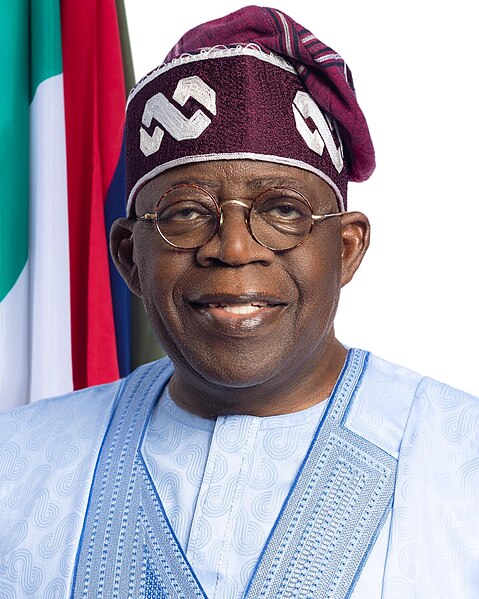President Bola Tinubu has proposed that all charges, fines, and other fees collected by the Nigerian Maritime Administration and Safety Agency (NIMASA) and the Nigerian Port Authority (NPA) be paid in naira, instead of dollars and other foreign currencies. This is part of the economic stabilisation bills (ESBs) set to be presented to the National Assembly by the President.
Bayo Onanuga, the President’s Special Adviser on Information and Strategy, announced the proposal during a press briefing at the State House in Abuja on Wednesday.
He explained that the move aims to reduce pressure on the foreign exchange market by prioritising the use of the naira.
“The amendment under the economic stabilisation bills stipulates that all fees, charges, levies, fines, and other payments to NIMASA and NPA will now be made in naira at the applicable exchange rate,” Onanuga said. “Previously, these agencies charged in dollars, but the government wants to emphasise the use of our national currency instead of dollarising the economy.”
This proposal follows the unification of the naira in June 2023, which saw the currency depreciate from N471.67 to N1,667.42 per dollar in the official market.
In an additional effort to reduce dollar demand, the Federal Government announced that crude oil sales to local refineries, including the Dangote Refinery, would be conducted in naira starting October 1.
Onanuga also highlighted that, once the ESBs are passed into law, all foreigners living in Nigeria will be required to register for a National Identification Number (NIN). This will ensure that foreigners earning income in Nigeria are included in the country’s tax system.
The registration forms part of an amendment to the National Identity Management Commission (NIMC) Act, which aims to assign tax identities to residents and boost tax compliance.
Copyright Ships & Ports Ltd. Permission to use quotations from this article is granted subject to appropriate credit given to www.shipsandports.com.ng as the source.

